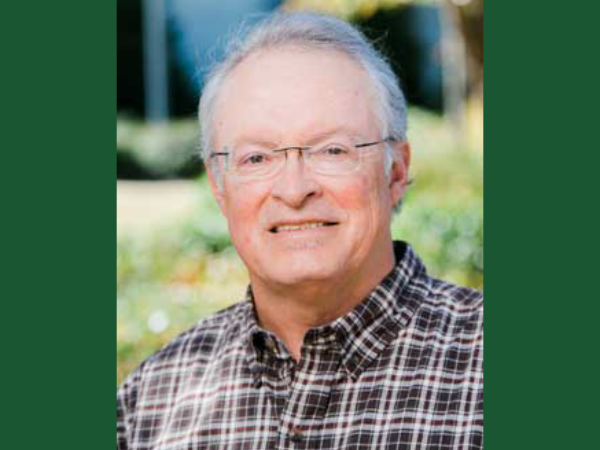 In November 2020, the College of Arts and Sciences awarded “Building a Multicultural Curriculum” grants to eight faculty members for the academic year 2020-2021. With the grants, faculty members could develop new courses or revise existing courses to support students’ diversity awareness and build their multicultural competence.
In November 2020, the College of Arts and Sciences awarded “Building a Multicultural Curriculum” grants to eight faculty members for the academic year 2020-2021. With the grants, faculty members could develop new courses or revise existing courses to support students’ diversity awareness and build their multicultural competence.
Dione Moultrie King, Ph.D., associate professor in the Department of Social Work, was one of the faculty members who received a grant. King’s research focuses on minority health disparities and adverse childhood experiences, and she has a deep interest in preparing her students to serve communities effectively. With this in mind, King used her grant to develop a new course entitled, “The Health and Well-being of Black Americans: A Social Work Approach,” which she taught for the first time in Spring 2021.
“In social work, diversity is really important. It’s one of the new standards that we’ll be continuing to bridge on,” said King. “I wanted to build a course that focused largely on the Black experience.”
For King, a former middle school teacher who grew up in Birmingham and graduated from Ramsay High School, examining the systems and institutions that perpetuate inequity in Black communities is a necessity for future social workers.
“[We have] students learning to serve marginalized and vulnerable populations, [and] there really was a gap in them understanding the historical component that… was impacting their ability to deliver services,” said King. “[Clients] have been engaging in systems that weren’t designed for them and/or didn’t support them, so there’s a general level of mistrust.”
As King developed the new course, she worked diligently to identify the main learning objective that would align with her grant proposal and her discipline’s national accreditation standards.
“The main objective was for students to critically examine and explore macro systems that have contributed to structural and systematic health disparities for Black Americans in the U.S.,” said King. “This was very much at the macro level.”
To achieve this objective, King avoided textbooks, and, instead, sought out a variety of course materials, including journal articles, news articles, and websites. She collected these items and identified ways in which she could prompt in-person discussions with her students. Although COVID-19 limited in-person classes at UAB in 2020, King was hopeful the public health landscape would improve by Spring 2021. Unfortunately, by January 2021, COVID-19 continued to be a significant concern, so King had to leverage virtual tools for the course.
“I had to be intentional with thinking about strategies,” said King. “We set norms in advance [for discussions]. It gave students a chance to talk it through in a safe space.”
King knew the conversations could be challenging, so she was intentional about creating an environment where students could engage with and learn from one another. By deploying effective strategies and supplemental tools, King created a space where students collaborated and engaged in thoughtful discussions on many subjects, including oppressive practices and theoretical frameworks.
Overall, King viewed the course as a success. That said, she wanted to know how her students felt about the experience. So, like all great teachers, she dove into the course evaluations.
“The evaluations that I received from this class…were simply amazing,” said King. “The averages are extremely high for this type of content. Students are saying this course should be a requirement.”
These evaluations and insights reflected what King saw throughout the duration of the course. From day one, students engaged with the content, participated in discussions, and explored ways to confront injustices.
“Our students really grew,” said King.
King finds this growth inspiring, and, based on the glowing course evaluations, it’s clear that “The Health and Well-being of Black Americans: A Social Work Approach” will have a lasting impact on the 24 future social workers who took the course.


